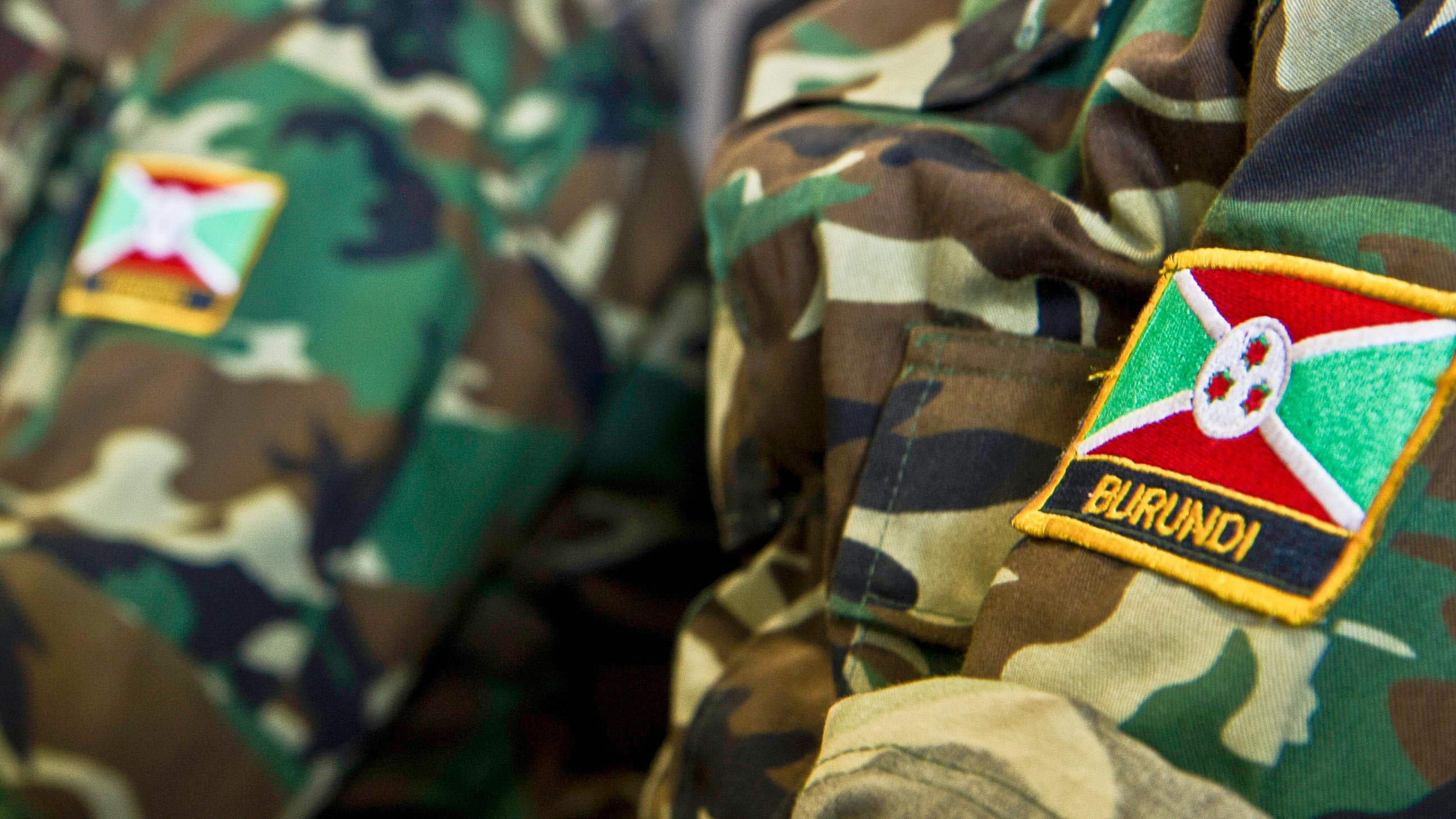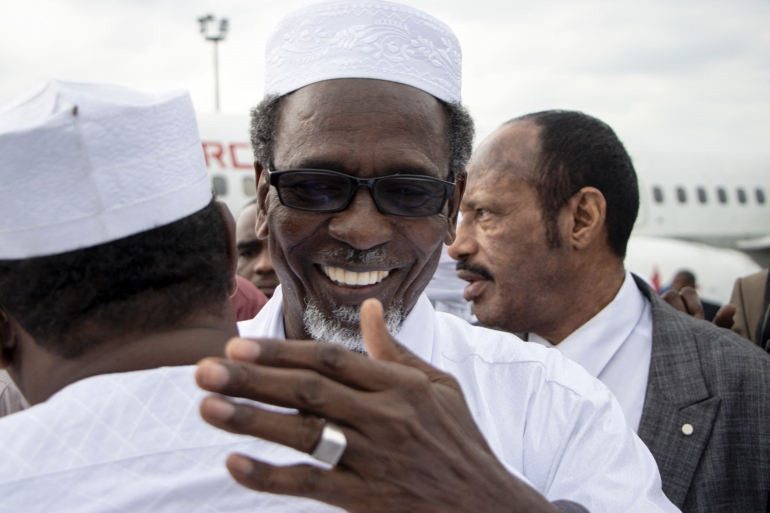Angolans are set to elect a new president and lawmakers in its fifth multi-party elections slated for August 24.
This election which will be conducted after the 1992 poll, political pundits said was likely to be a tensed standoff between the ruling party, Peoples Movement for the Liberation of Angola (MPLA) that has been in power for nearly five decades and a coalition of opposition parties with growing appeal to a frustrated and impoverished youth.
The MPLA, led by President João Lourenço since 2017, has governed Africa’s second-biggest oil producer since independence from Portugal in 1975. But longtime opposition party UNITA is stronger than ever, as anger grows at government failures to convert vast oil wealth into better living conditions for all.
It would be recalled that half of Angolans live in poverty and more than half of those under 25 are unemployed, facts which UNITA hopes to exploit in promising a change of regime. Half of the voters’ population is under 35.
An Afro barometer survey in May showed Angolans favouring UNITA, led by the charismatic Adalberto Costa Júnior, had increased to 22% from 13% in 2019, still seven points behind the MPLA. Nearly half of the voters were undecided.
“Without a doubt, this election is the tensest since 1992,” said Oxford University researcher Ricardo Soares de Oliveira. “There’s a huge amount of volatility and unpredictability – and the party in power has a lot of fear.”
Handpicked by his predecessor José Eduardo dos Santos when he stepped down in 2017 after ruling Angola for 38 years, Lourenço pledged to fight corruption and boost the economy at a time of crisis due to the 2014 oil price crash.
He investigated corruption during the dos Santos era, targeting the former leader’s children in seeking to recover billions of dollars of siphoned-off revenue, a move aimed at trying to “gain some popular legitimacy,” said Justin Pearce, senior lecturer in history at South Africa’s Stellenbosch University.


